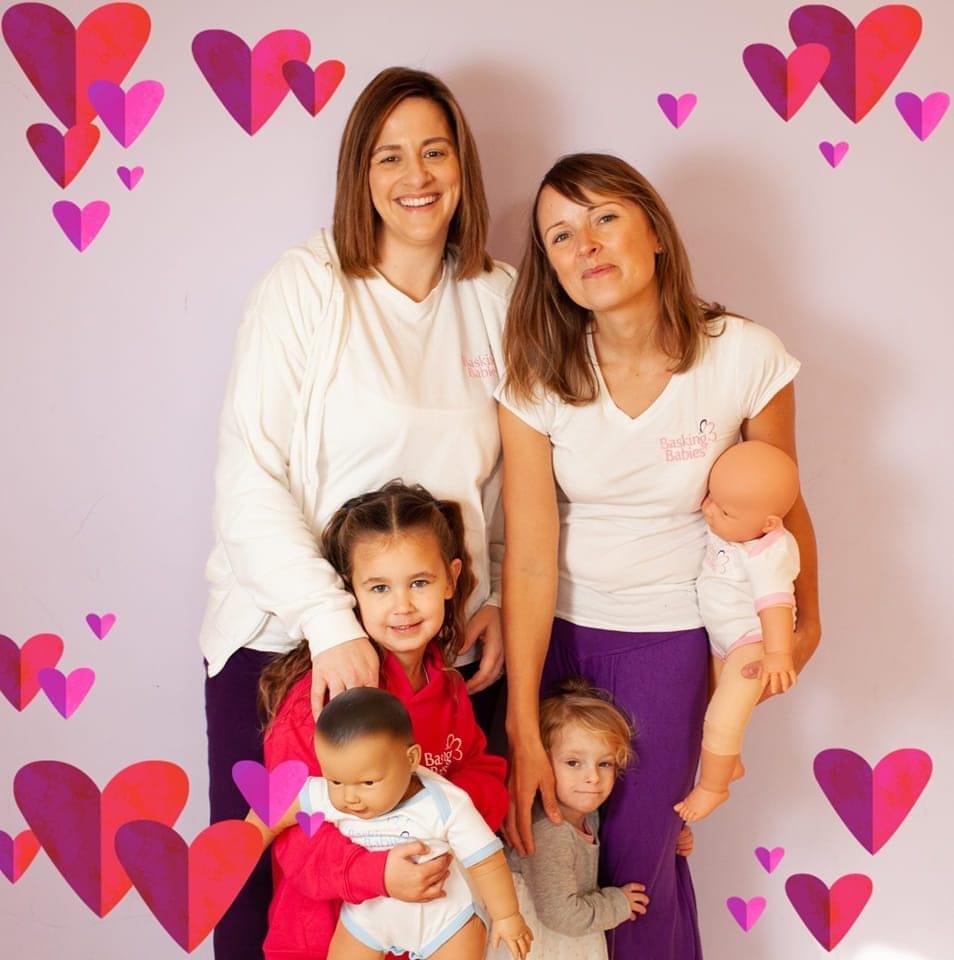
As parents, I think we have all experienced the fallout of our child’s “big feelings”.
I am sure we can all think of at least a few scenarios when our child has “overreacted”. There is the upset of not being able to accomplish something they were trying to do, the intense disappointment of not getting something they wanted, or even just the complete lack of regulation that comes from them being hungry or very tired. But are these really overreactions or are they simply age-appropriate responses to intense feelings?
It is so important to meet a child where they are and to remember that these tiny humans are still growing and learning. Their brains are not developed enough for them to be able to regulate themselves in the ways that we as adults can. We can however, help support our little ones through these big feelings and use these moments as opportunities to help them learn, grow and foster further attachment and security.

Communication is key
The best thing we can do to support our children is talk to them. I’m sure we have all been doing that since day one. We narrate their days when they are tiny to support understanding of the world around them as well as language development. This same concept can and should be used to support children’s emotional understanding and regulation.
Does this mean that you must get it right every time? Absolutely not! I know I don’t, but even when you get a bit frustrated or react in a way you would prefer not to you can use those moments to model regaining composure, self-regulation and remorse. Children learn so much from watching, listening and mimicking significant people in their lives.
Here are a few ways you can support your toddlers and young children in handling their big feelings…
Help your child recognise emotions
The first step in managing emotions is understanding them. This can start at any time by simply discussing various emotions with your child and explaining the internal feelings that are associated with those emotions.
You can also look at pictures of faces displaying various emotions and discuss what you each see and then take turns acting these out.
Identify the triggers and validate the feelings
Most children don’t simply throw a fit or have a tantrum. Rather they experience intense feelings that they do not understand and that they may actually find a bit scary.
Each child will respond to these feelings differently and the outward manifestation may look very different. Some children may cry and shy away, others may shout or lash out, while others may become irritable and frustrated. Recognising what’s causing these reactions and attending to that rather than the symptom is not always easy, but it is the best way to foster emotional intelligence and a sense of calm connectedness in your child.
Let them know that you get it – “it’s so frustrating to not be able to do something you really wanted to do” or “I know it makes me feel mad when…” Discuss this with them and show them those feelings are ok.
Once those feelings are validated, then you can move on to helping your child to solve the problem and to understand that some reactions or actions are not a safe or appropriate solution. That brings me to the next point.
Teaching coping strategies
We all use our own coping strategies and the best way to teach these is by modelling them to your child.
As I mentioned earlier, letting your child see you using your breathing techniques when you start to get frustrated, shows them that you mean what you say and encourages them to try. In my house we take deep breaths and the way I encouraged my daughter to do this was by teaching her to “blow out her candles”. She shows me how frustrated or upset she is by how many candles she puts up. She also likes to blow out my candles and those times of big feelings often become giggling games and chats.
As with other areas of parenting, support your child on focusing on growth and new skills.
What I mean here is that it is important to allow your child to experience their feelings. We don’t need to protect them from every frustrating or potentially angering situation. They need to know that this is part of life and it is ok to have these feelings. There is nothing wrong with being angry or disappointed. These feelings are just as valid as happiness and joy. It’s all in how we deal with this and grow and move on from them. This “growth mindset” is associated with many lifelong benefits – from academic success to emotional regulation and well-being.

Be kind to yourself
At the end of the day, we are all doing the best we can and our children will feel that.
Teaching them to understand and manage big feelings is one of the biggest and most important jobs we have as parents. We aren’t always going to get it right, and in a way that too is getting it right. We just have to be patient with ourselves and remember that they are always watching. So, remember to treat yourself with the same grace as you would want your child to be treated. When you show yourself compassion, acceptance and understanding, you are teaching your child to receive that as well.
About the author

Liz Ohrland
Franchise owner & instructor at Basking Babies Chelmsford.
